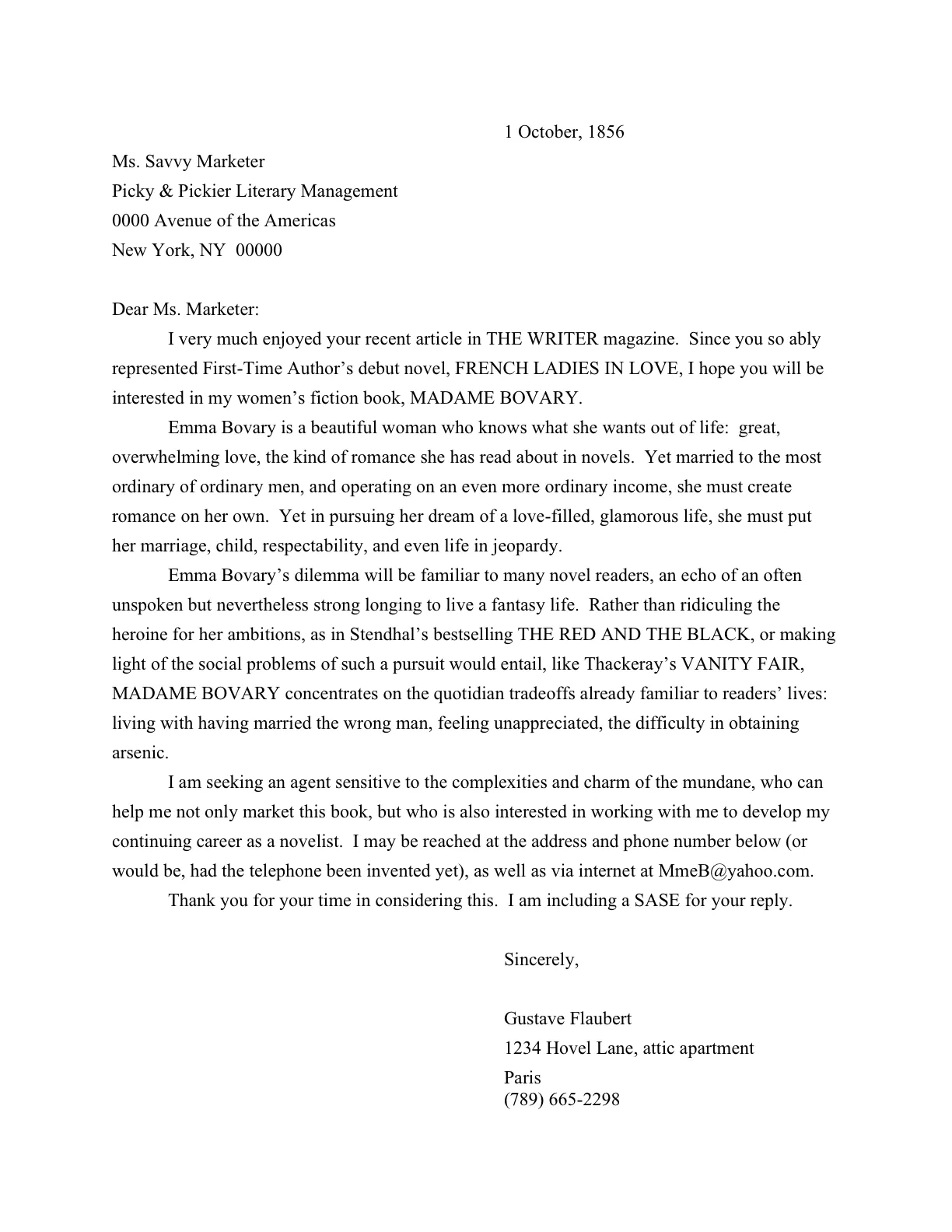What is a Literary Agent?
A literary agent is a professional who represents writers and helps them navigate the complex world of publishing. They act as a bridge between authors and publishers, advocating for their clients and negotiating contracts. Agents read manuscripts, provide feedback, and pitch books to publishers. They are essential for many authors, particularly those seeking to publish with major publishing houses. Understanding the role of a literary agent is the first step in the journey to getting published.
Why You Need a Great Cover Letter
Your cover letter is your first impression. It’s the initial contact you have with a literary agent, and it’s your opportunity to grab their attention and convince them to read your manuscript. A well-crafted cover letter can make the difference between a rejection and a request for your manuscript. It serves as a concise summary of your book, highlights your qualifications, and demonstrates your understanding of the publishing industry. Without a strong cover letter, your manuscript might never see the light of day.
Cover Letter Secrets to Captivate Agents
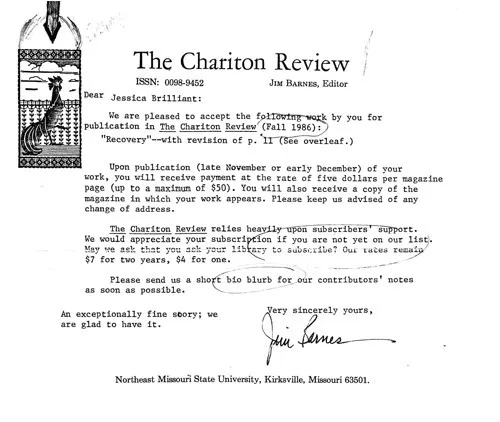
To captivate agents, your cover letter must be concise, engaging, and tailored to each recipient. It should immediately grab the agent’s attention with a compelling hook, followed by a clear summary of your book’s premise. You should highlight your unique selling points, such as your writing style, genre, and target audience. Your tone should be professional and enthusiastic, conveying your passion for your work and your understanding of the market.
Crafting a Compelling Hook
The hook is the most crucial part of your cover letter, as it determines whether the agent will read further. It should be a short, attention-grabbing statement that immediately intrigues the reader. Start with a strong opening line that introduces your book’s concept, setting, or main character. Avoid generic phrases and instead, use vivid language and compelling imagery. Think of it as the opening scene of a movie or the first line of a novel that pulls the reader in.
Show, Don’t Tell Your Story
Instead of simply stating what your book is about, bring it to life. Use vivid language and sensory details to paint a picture for the agent. Let the essence of your story shine through your words. This will showcase your writing ability and capture the agent’s imagination. A good cover letter is essentially a mini-synopsis that demonstrates your ability to write a compelling story.
Highlighting Your Unique Selling Points
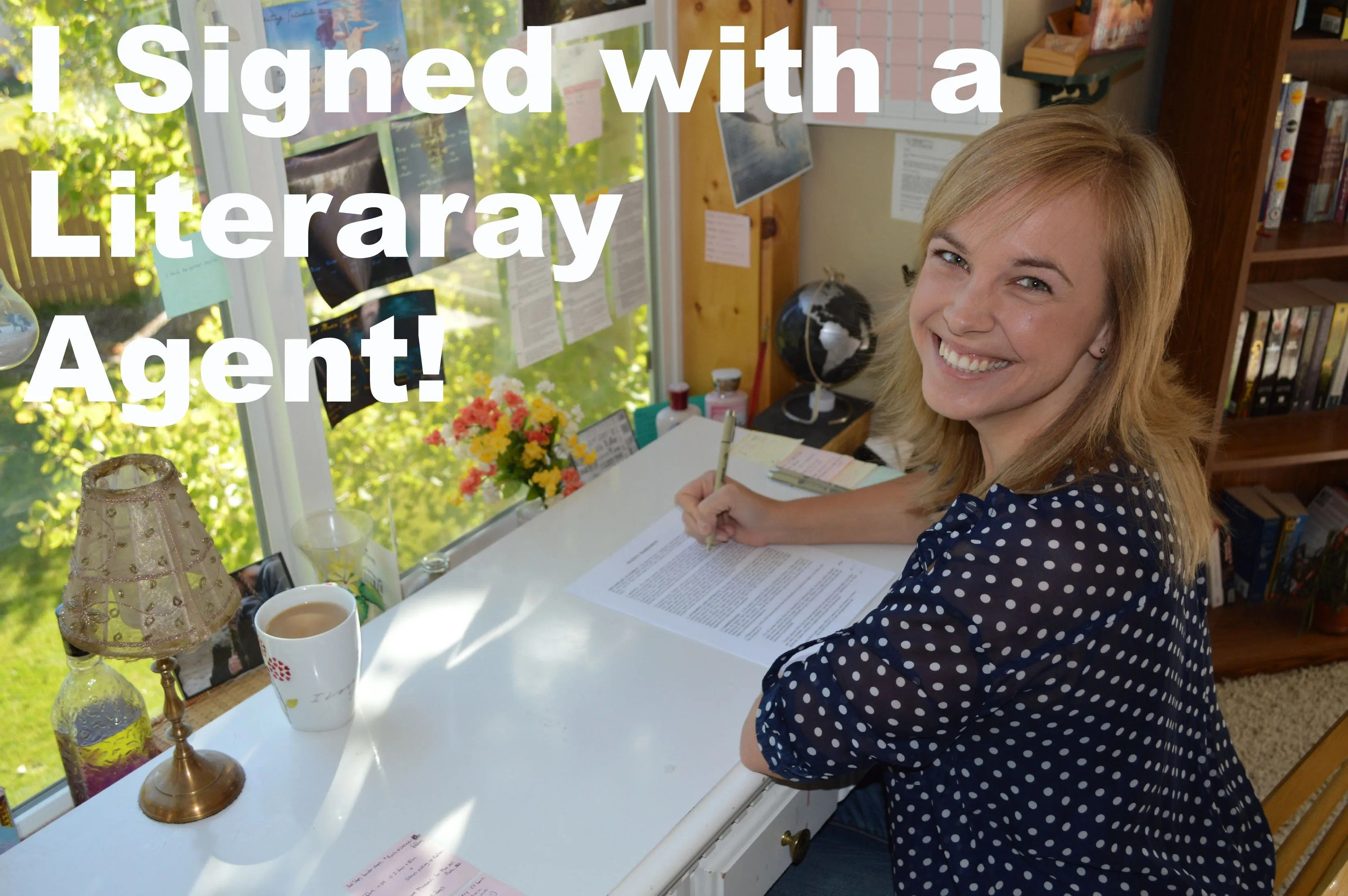
Every book has something unique to offer, whether it’s a fresh perspective, a compelling character, or a unique plot twist. Identify what makes your book stand out and highlight it in your cover letter. Are you writing in a trending genre? Does your book have a unique blend of elements? This is also where you highlight your qualifications. Have you won any awards? Do you have a strong platform or following? Show the agent why your book is worth their time.
Tailoring Your Letter to the Agent
Never send a generic cover letter. Always customize your letter to the specific agent you’re contacting. Research their interests and the types of books they represent. Address them by name and mention why you chose them. This shows that you’ve done your homework and are serious about working with them. If they represent similar books, mention them. Show you understand their taste. Personalization increases your chances of getting a positive response.
Researching Agents and Their Preferences
Before you start writing, thoroughly research potential agents. Check their agency’s website, read their interviews, and browse their client list. Understand the genres they specialize in and the types of books they’re looking for. Familiarize yourself with their submission guidelines. Following their instructions precisely shows professionalism and respect. This research will help you tailor your cover letter and increase your chances of success. Websites and resources such as AgentQuery and Publisher’s Marketplace are invaluable.
Formatting Your Cover Letter for Success
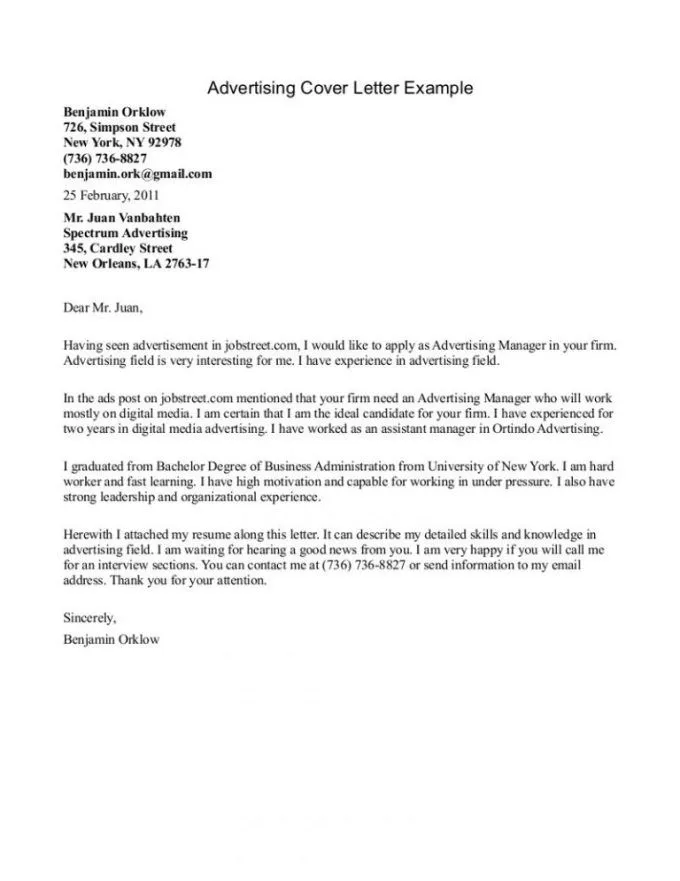
Your cover letter should be well-formatted and easy to read. Use a standard font like Times New Roman or Arial, and keep the font size between 11 and 12 points. Use single spacing with a blank line between paragraphs. Be sure to include your contact information, the date, and the agent’s name and address. Keep the letter to one page and use clear headings and subheadings if necessary. A clean, professional appearance demonstrates your attention to detail.
Ensuring a Professional Appearance
Maintain a professional tone throughout your cover letter. Avoid slang, jargon, and overly casual language. Use proper grammar, punctuation, and spelling. Address the agent formally and maintain a respectful tone. Make sure your letter is well-organized and easy to follow. It should reflect the quality of your writing and your understanding of the publishing industry.
Proofreading and Editing Your Cover Letter
Proofreading and editing are critical steps. Typos and grammatical errors can damage your credibility and make you appear unprofessional. Carefully review your cover letter for any mistakes in grammar, spelling, punctuation, and style. Read it aloud to catch any awkward phrasing or inconsistencies. Have someone else proofread it, too, as a fresh pair of eyes can often spot errors you might miss. A polished cover letter demonstrates your commitment to quality.
The Importance of Polished Writing
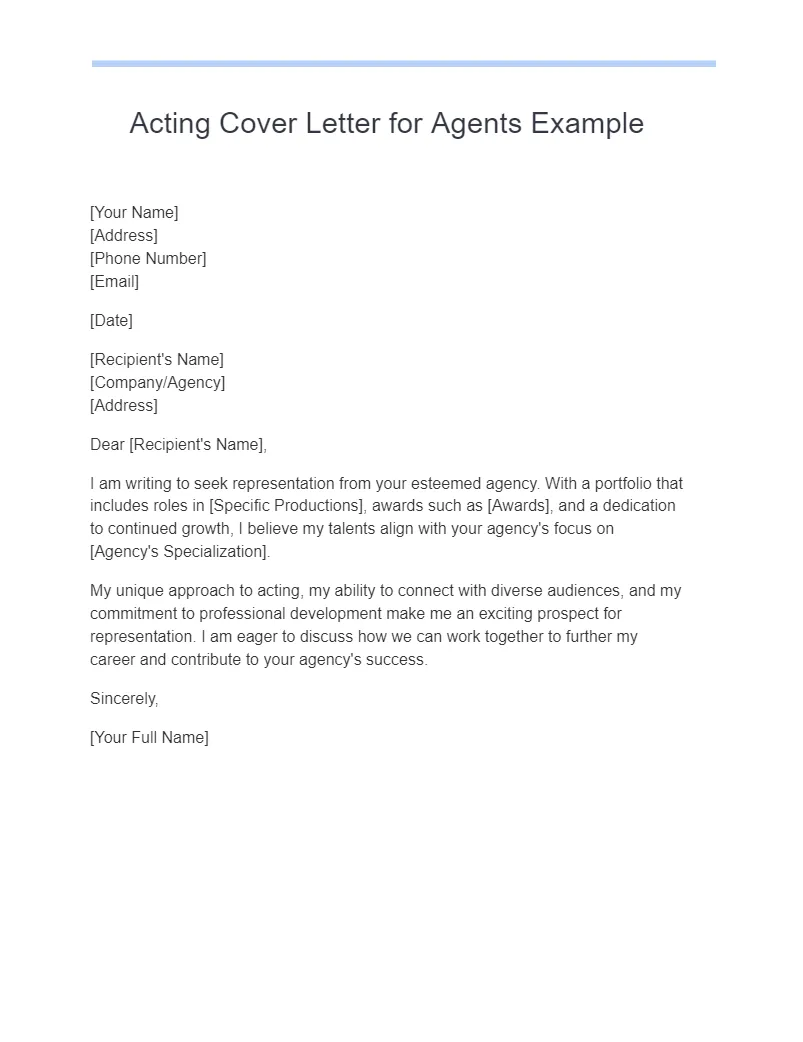
The quality of your writing is paramount. Agents are looking for authors who can write well. Ensure your cover letter is well-written and engaging. The language should be clear, concise, and compelling. Use strong verbs and avoid passive voice. A polished cover letter will showcase your writing talent and capture the agent’s interest.
Cover Letter Mistakes to Avoid
Several common mistakes can derail your chances of securing an agent. Avoid generic cover letters that are not tailored to the specific agent. Don’t ramble or include unnecessary information. Refrain from sounding desperate or overly enthusiastic. Be professional and realistic. Finally, avoid using clichés or phrases that overused.
Common Errors That Agents Dislike
Agents dislike cover letters with grammatical errors, typos, and poor formatting. They also dislike letters that are too long, lack a clear hook, or fail to highlight the book’s unique selling points. Sending the wrong query to the wrong agent is another big no-no. Not following submission guidelines is a sign of unprofessionalism. Avoid making these mistakes to present yourself in the best possible light.
The Art of Follow-Up
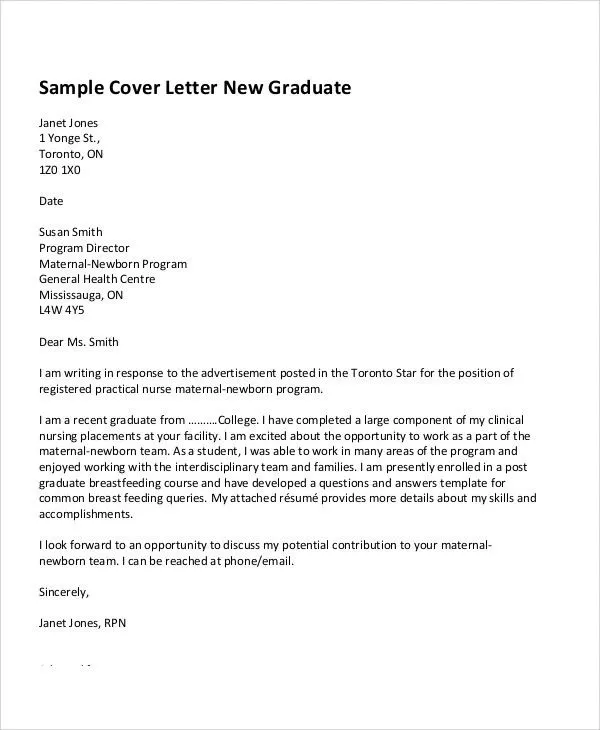
After submitting your cover letter and manuscript, follow up appropriately. Agents are busy people, but a gentle reminder can sometimes be helpful. Keep track of when you sent your submission and any deadlines mentioned in the guidelines. Patience is a virtue, but following up shows you’re genuinely interested in the opportunity.
When and How to Follow Up with Agents
Check the agent’s submission guidelines for their policy on follow-ups. In general, it’s best to wait at least two to three months before following up if you haven’t heard back. Send a brief, polite email that references your initial submission. Briefly reiterate your book’s title and genre, and express your continued interest. If the agent has a specific policy, always follow it. Don’t pester or harass them.
Conclusion - Your Path to Agent Success
Crafting a compelling cover letter is a crucial step in your journey to securing a literary agent. By following these secrets, you can captivate agents, make a strong first impression, and increase your chances of getting your manuscript read. Remember to research agents, tailor your letter, and present your work professionally. Good luck!
